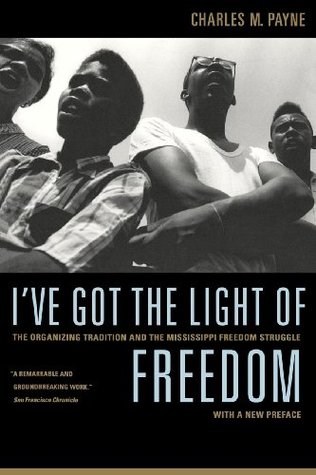More on this book
Kindle Notes & Highlights
Read between
July 12 - July 31, 2025
The Mississippi movement reflects another tradition of Black activism, one of community organizing, a tradition with a different sense of what freedom means and therefore a greater emphasis on the long-term development of leadership in ordinary men and women,
Part of the legacy of people like Ella Baker and Septima Clark is a faith that ordinary people who learn to believe in themselves are capable of extraordinary acts, or better, of acts that seem extraordinary to us precisely because we have such an impoverished sense of the capabilities of ordinary people.
“You’re standing there and you hear the word, the message, and you believe in it but you’re wondering about whether God believes in it.”
If people like Amzie Moore and Medgar Evers and Aaron Henry tested the limits of repression, people like Septima Clark and Ella Baker and Myles Horton tested another set of limits, the limits on the ability of the oppressed to participate in the reshaping of their own lives.
It is my belief that creative leadership is present in any community and only awaits discovery and development.”
Organizing means helping others develop their own potentials, and participatory social forms are a key part of that process.
An important part of the organizer’s job was to get the matron in the fur coat to identify with the winehead and the prostitute, and vice versa.
It pushed the proposition that merely bettering the living conditions of the oppressed was insufficient; that has to be done in conjunction with giving those people a voice in the decisions that shape their lives.
The common thread is a refusal to see oneself as merely acted upon, as merely victim. These are families in which children were encouraged to believe that even within an oppressive social structure one retains some control over one’s life. It is as if they were saying with e. e. cummings that there is some shit we will not eat.


